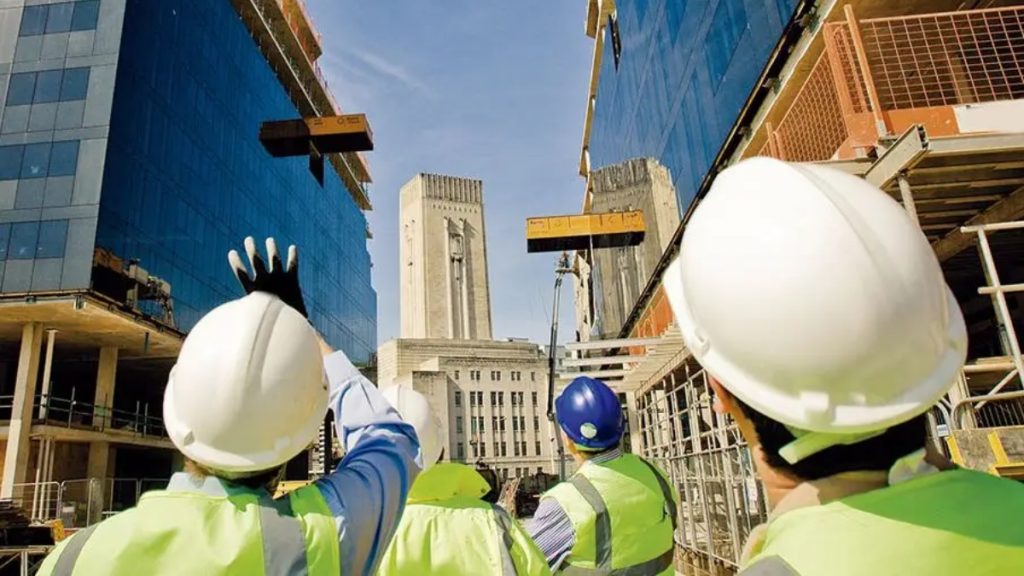The inspection law highly influences the management and operation of any commercial building in New York City. Based on this, commercial properties have to undergo strict regulations that ensure safety, compliance, and structural integrity. However, this can be both challenging and a potent opportunity for property owners and businesses. Thus, it becomes essential to understand the inspection framework, and so here is a detailed guide to help out a commercial property owner.
What is the Inspection Framework?
A comprehensive set of inspection requirements is enforced by the New York City Department of Buildings, and based on these, various aspects of the commercial properties are covered, such as:
• Regular inspections and assessments must be carried out to verify that the building has stable structural integrity.
• To ensure functionality and compliance, the building must undergo a proper safety system evaluation test, which checks for fire suppression systems, elevators, and the position of the emergency exits.
• To ensure proper health standards and maintain environmental compliance, inspection NYC is also conducted to detect potential environmental hazards, including asbestos or mold.
Implications for Commercial Property Owners
There are several critical implications when a property owner follows the inspection law, such as:
• The need for a temporary access restriction when the inspection is scheduled affects the business operation.
• One has to bear the cost related to inspection fees and other necessary repairs, so there is a financial consideration. Along with this, potential fines and penalties for non-compliance are also issued.
• If the property owner fails to comply with the regulations, this can lead to legal penalties such as project delays, permit revocations, and even legal disputes.
Strategies for Effective Compliance
Being a property owner, you have to abide by several strategies for effective compliance, such as:
• You must stay informed about the regular updates from the NYC Department of Buildings. This will help you adjust to any changes or requirements based on inspection law.
• You have to engage certified and qualified professionals of nycparapetsinspection.com who can conduct the inspections and are well accustomed to the NYC building codes and regulations. Thus, you must always hire the best-fitted inspector and consultants.
• To address potential issues, you must implement preventive maintenance even before they can become severe. Thus, regular inspections must ensure the building maintains safety and compliance.
• For any future assessment, if you have to demonstrate compliance, you must have a detailed record of all the inspections, maintenance, and repair work; so, preserve the documents for at least six years.
Benefits of Compliance
Following the inspection laws provides substantial benefits. You get the opportunity to create a safe environment for the occupants and visitors. There is also a reduction in the risk of accidents and liability on the property. You can enhance the property’s market value in Bronx, Manhattan, Queens, Brooklyn, and Staten Island, NY through regular maintenance and compliance, making the property appealing to buyers and potential trainers. Most importantly, you get to mitigate the risk of any legal penalties, which gives you peace of mind.
Final Words
If you are unable to understand the requirements or implement the proactive strategies, you can hire professionals who help you navigate New York City’s inspection law, which is meant for commercial property. This would ensure that the owner retains the safety and value of the building.

